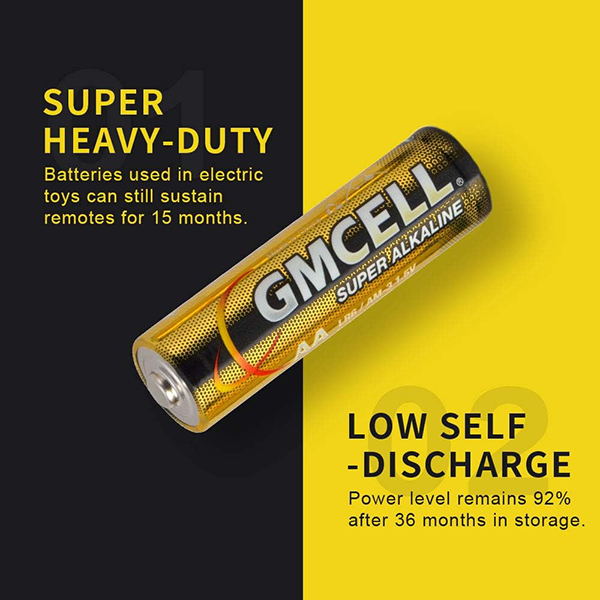he realm of portable power, alkaline batteries have been a household staple for decades, offering reliable and cost-effective energy solutions. However, as technology advances and environmental consciousness grows, the industry faces transformative pressures that will shape the future of alkaline batteries. This exploration delves into anticipated trends and innovations that will redefine the role of alkaline batteries in the coming years.
**Eco-Friendly Innovations:**
Sustainability stands at the forefront of future alkaline battery development. Manufacturers are investing in research to eliminate harmful substances further, improve recyclability, and develop biodegradable components. Closed-loop recycling systems are expected to gain traction, allowing for the recovery and reuse of materials like zinc and manganese dioxide, reducing waste and resource depletion. Additionally, advancements in manufacturing processes to reduce carbon footprint and water consumption will be integral to maintaining alkaline batteries’ relevance in a greener future.
**Enhanced Performance Characteristics:**
To compete with emerging battery technologies, alkaline batteries will see improvements in their performance characteristics. Expectations include enhanced energy density, providing longer runtimes, and improved discharge curves to support high-drain devices. Innovations in electrode design and chemical formulations aim to extend shelf life, ensuring alkaline batteries remain a dependable choice for both everyday items and specialized applications requiring extended periods of standby power.
**Smart Integration:**
The integration of smart technology into alkaline batteries is another promising avenue. Internet of Things (IoT) devices and smart homes necessitate batteries that can communicate their status, such as remaining lifespan and health, to optimize replacement schedules. Implementing wireless connectivity or QR codes for battery information access could transform how consumers interact with and manage their batteries, fostering efficiency and reducing waste from premature disposal.
**Adaptation to Specialized Markets:**
As the market diversifies, alkaline batteries will likely specialize to cater to niche segments. For instance, extreme temperature-resistant batteries for outdoor activities and industrial applications or low-discharge models for emergency preparedness kits could become more prevalent. Customization and specialization will be key in maintaining market share amidst growing competition from rechargeable and alternative battery chemistries.
**Competitive Pricing Strategies:**
Given the increasing affordability and performance of rechargeable batteries, alkaline battery manufacturers must adopt competitive pricing strategies. This may involve leveraging economies of scale, optimizing production processes, or offering value-added services such as recycling programs. Bundling batteries with battery management systems or providing value-added data insights could also enhance their appeal to consumers and businesses alike.
**Conclusion:**
The future of alkaline batteries is marked by a commitment to sustainability, performance enhancement, smart integration, market specialization, and strategic pricing. By embracing these trends, alkaline battery manufacturers can ensure their products remain relevant and competitive in an increasingly dynamic energy storage landscape. While challenges from emerging technologies persist, alkaline batteries’ legacy of reliability and affordability, coupled with innovative advancements, positions them to continue playing a vital role in powering the devices of tomorrow.
Post time: Jun-13-2024






